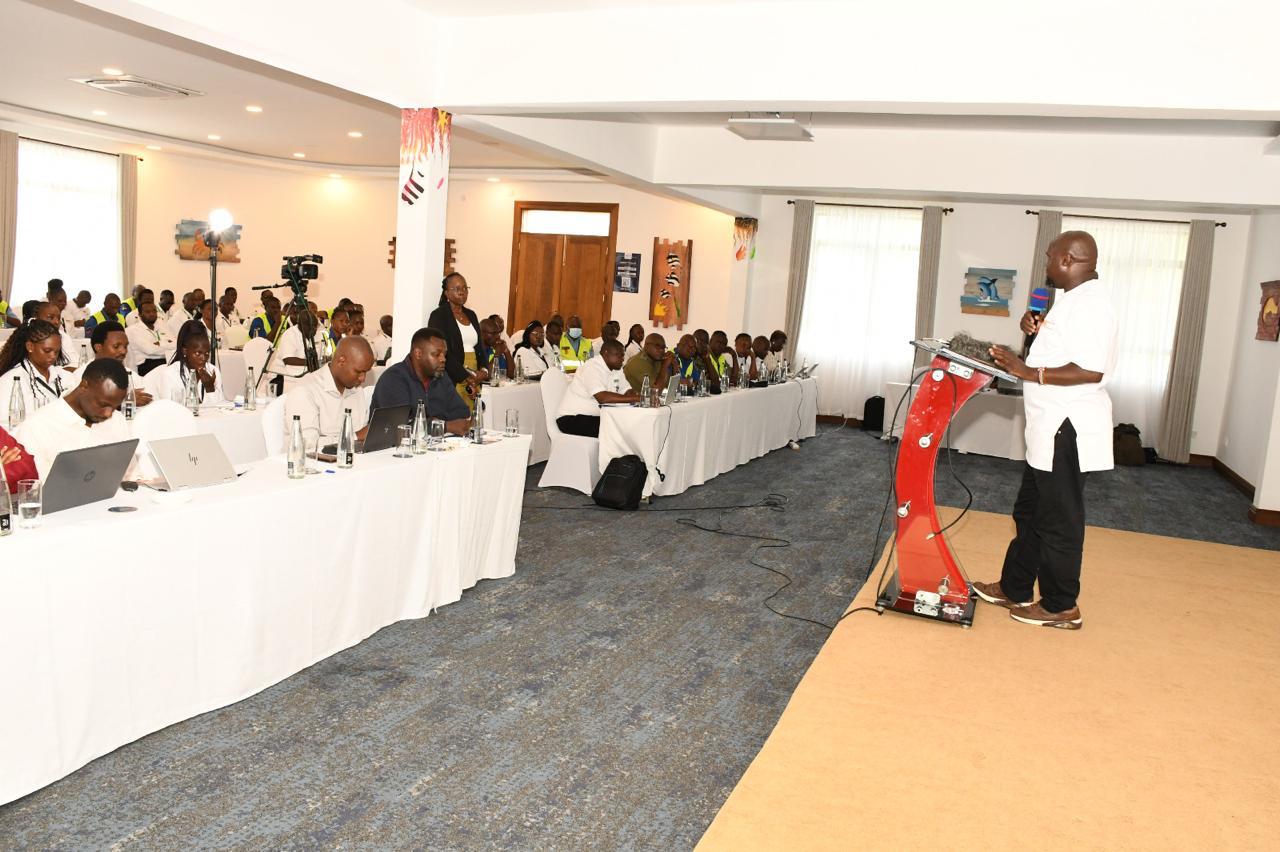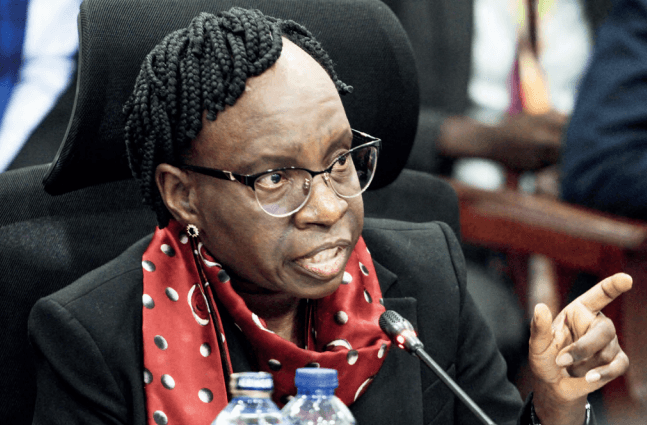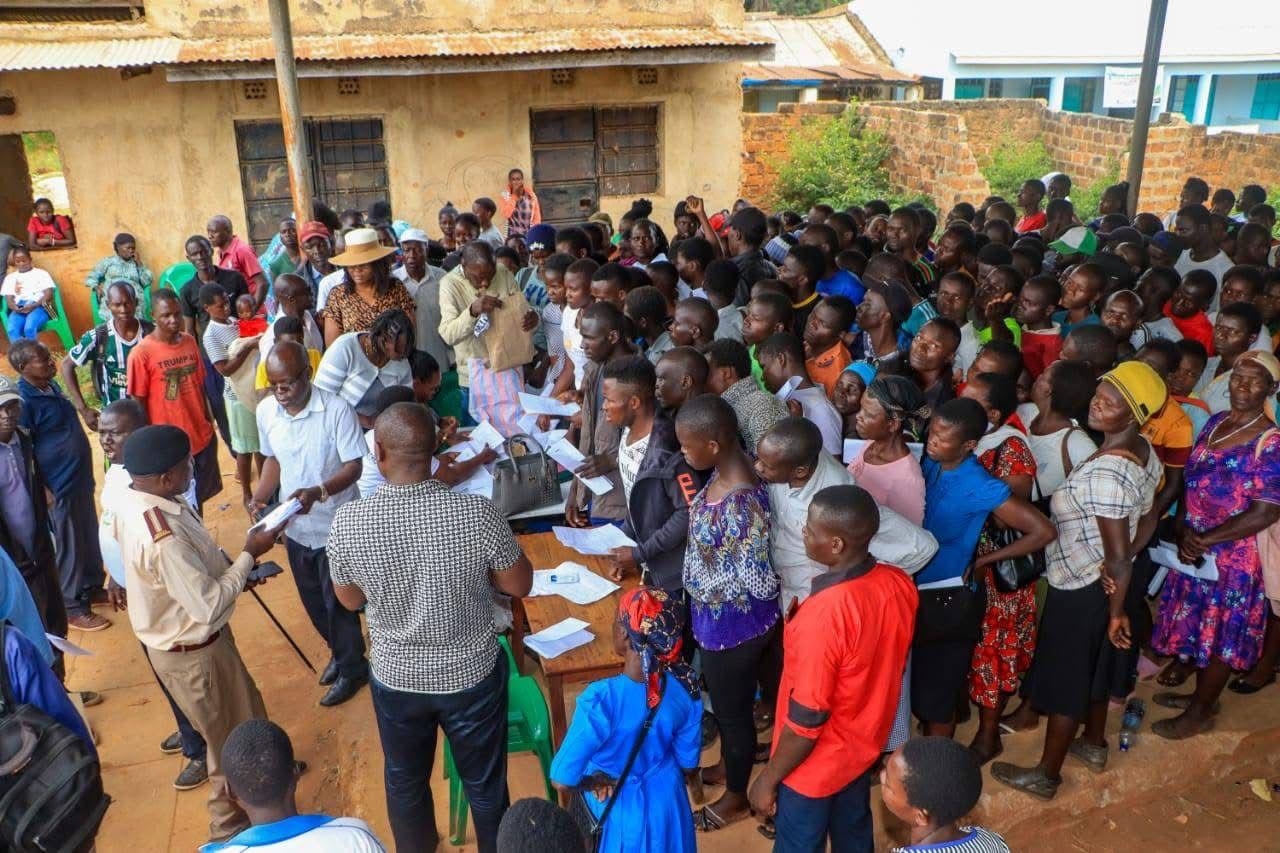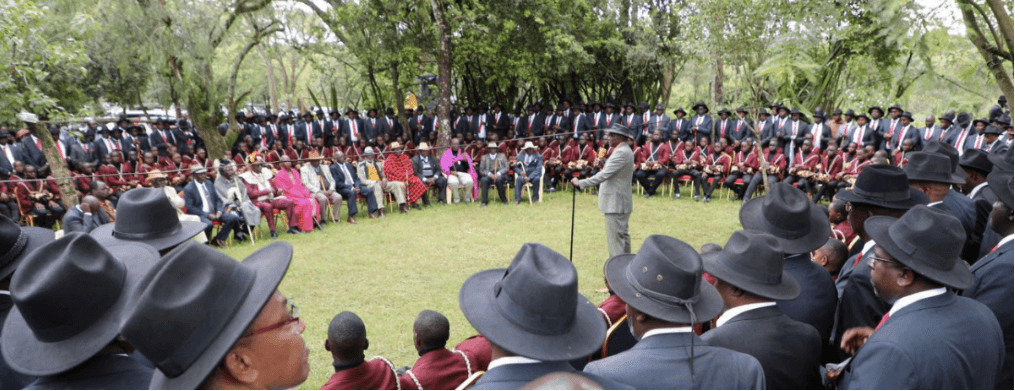
 KeNHA and EACC hold sensitization on the Anti-Bribery Act 2016, Anti-Bribery procedures, 2022, and Kenya National Highways Authority Procedures for the Prevention of Bribery and Corruption at Prideinn Paradise, September 9, 2025. / KeNHA
KeNHA and EACC hold sensitization on the Anti-Bribery Act 2016, Anti-Bribery procedures, 2022, and Kenya National Highways Authority Procedures for the Prevention of Bribery and Corruption at Prideinn Paradise, September 9, 2025. / KeNHAWeighbridges, often viewed as flashpoints for corruption, are now at the centre of a fresh anti-graft push.
The Kenya National Highways Authority (KeNHA) has launched a countrywide sensitisation drive in partnership with the Ethics and Anti-Corruption Commission (EACC) to curb bribery and corruption at weighbridges.
The exercise, which began this week, is focused on creating awareness among weighbridge management and staff on the Anti-Bribery Act 2016, the Anti-Bribery Procedures 2022, and KeNHA’s own Procedures for the Prevention of Bribery and Corruption.
According to the authority, the sensitisation programme is aimed at equipping employees with knowledge of the law and procedures established to enable effective and sufficient reporting on bribery and corruption.
“This exercise demonstrates the authority’s commitment to promoting transparency in the execution of her mandate and ensuring that loopholes that could be exploited against the war on corruption are sealed,” KeNHA said in a statement.
The sensitisation drive is expected to cover all weighbridges across the country, reaching both management and frontline staff.
It will provide guidance on how to comply with the Anti-Bribery Act and how to align weighbridge operations with KeNHA’s internal mechanisms for preventing corruption.
Weighbridges in Kenya have historically been associated with systematic bribe-taking and overloading, where truckers and transporters pay to bypass enforcement.
In some cases, corrupt officials have allowed overloaded trucks through in exchange for bribes, involving both low-level staff and more organised networks.
By raising awareness and fortifying both legal and internal control frameworks, the KeNHA–EACC initiative aims to change this entrenched culture.
KeNHA said the rollout marks a significant stride in safeguarding the integrity of the road sector by closing gaps that have been exploited in the past.
The Anti-Bribery Act 2016 makes it a criminal offence to give or receive a bribe, while also obligating both public and private entities to establish adequate procedures for the prevention of bribery.
The Anti-Bribery Procedures 2022 and KeNHA’s internal guidelines outline clear systems for reporting, monitoring, and addressing potential cases.

















